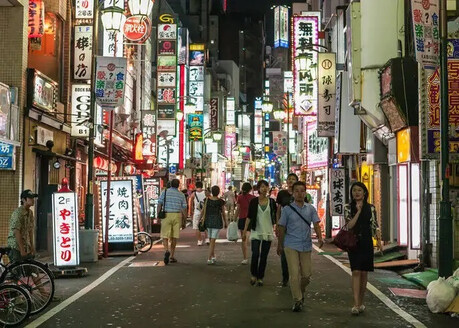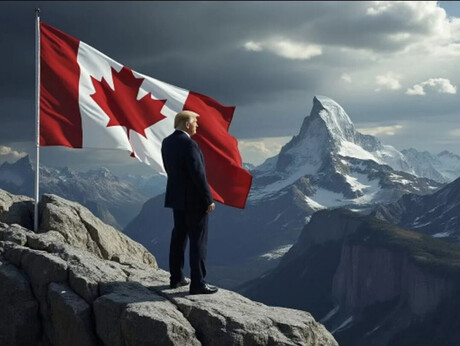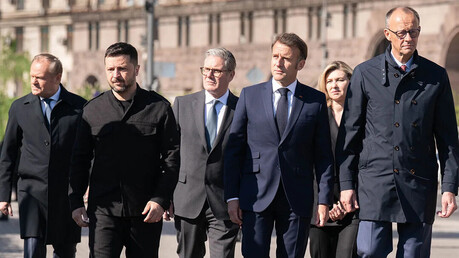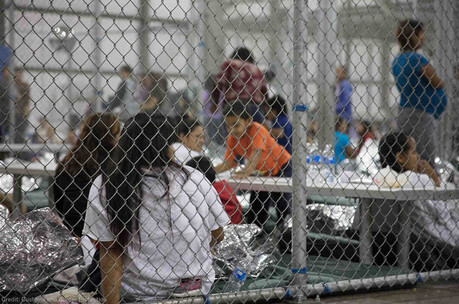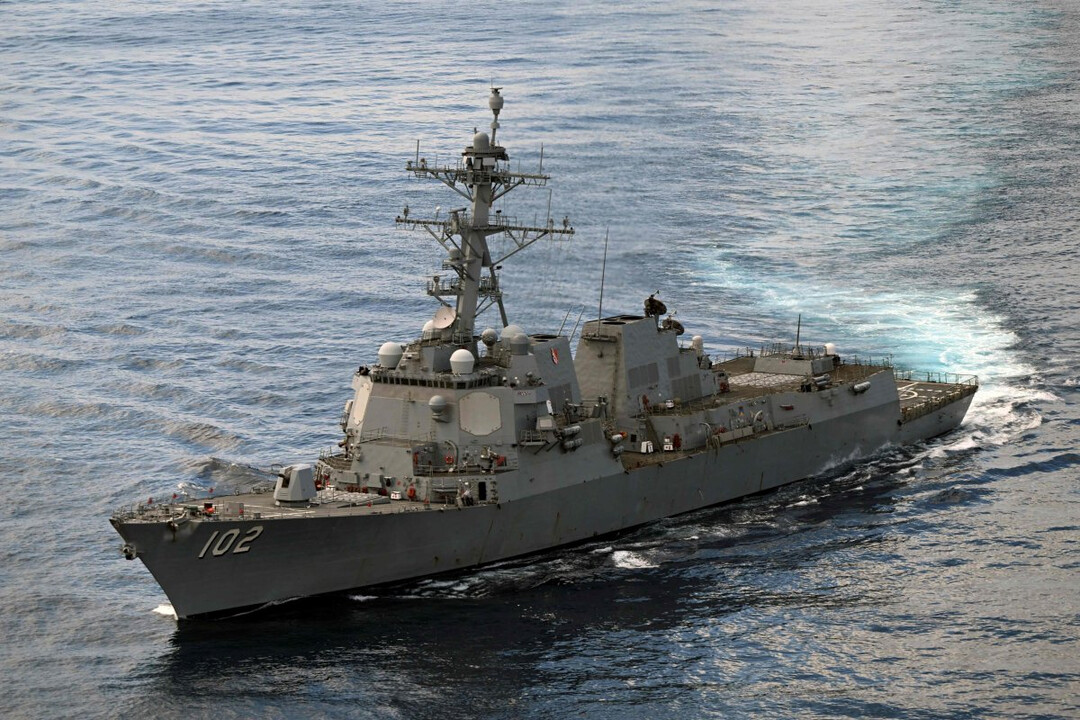
CARACAS, VENEZUELA — A significant military standoff is unfolding in the Caribbean, as the United States and Venezuela deploy naval assets and ramp up rhetoric in a high-stakes geopolitical drama. The tensions, which have been simmering for years, have reached a boiling point following a series of aggressive military and political moves from both sides.
U.S. Deploys Naval Power
The U.S. administration, led by President Donald Trump, has positioned three Aegis-class destroyers in the waters off Venezuela's coast. The Pentagon cites "Operation Anti-Narcotics," a broad mission to combat drug trafficking, as the primary reason for the deployment. This naval presence, which also includes more than 4,000 U.S. troops, is a significant show of force in a region long considered a sphere of influence for the United States. Furthermore, sources indicate that two additional vessels, including the nuclear-powered submarine USS Newport News, have been dispatched to the area, further intensifying the military footprint.
The U.S. has also taken a more direct approach against the Venezuelan leadership. The Department of Justice has indicted Venezuelan President Nicolás Maduro as the ringleader of a major drug trafficking operation, significantly increasing the reward for information leading to his arrest to $50 million. This move, along with the targeting of specific drug cartels such as the "Cartel de los Soles" and the "Tren de Aragua," has been framed as a "sweep operation" aimed at dismantling criminal networks tied to the Venezuelan elite. The U.S. maintains that these actions are not an invasion but a law enforcement effort to protect U.S. national security.
Venezuela's Defiant Stance
In a defiant response, Venezuelan officials have mobilized their military forces, viewing the U.S. presence as an act of aggression and a violation of their sovereignty. In a video address, Defense Minister Vladimir Padrino announced the deployment of naval vessels to the country’s northern waters. "We are conducting patrols with a considerable number of drones to defend our homeland," Padrino stated, emphasizing the nation's readiness to protect its territorial integrity.
President Nicolás Maduro echoed this sentiment in a statement on his official Telegram channel. "We are activating our national defense system 24/7 to counter the imperialist threats from the United States and its far-right allies," Maduro declared. "There is no rest, and no one can touch Venezuelan territory." Maduro has also reportedly ordered the full mobilization of regular military forces and civilian militias along the country's borders, aiming to bolster security and project an image of unwavering resolve.
A Precarious Powder Keg
The situation has created a palpable sense of tension in the Caribbean and Atlantic, with many observers fearing a potential miscalculation from either side could trigger an armed conflict. The presence of sophisticated military hardware, combined with the inflammatory rhetoric, has transformed the region into a precarious powder keg.
The U.S. has a long history of intervention in Latin America, and this latest deployment is viewed by many as another chapter in the U.S.'s ongoing efforts to destabilize the Maduro government. However, the Trump administration has framed this as a necessary measure to combat international crime and protect U.S. interests.
The international community is watching this development with concern. The South Korean embassy in Venezuela has already issued a security advisory to its citizens, urging them to exercise caution, refrain from making political statements, and avoid unnecessary travel to the country. With Venezuela already under a "Level 3: Departure Recommended" travel advisory from the South Korean Foreign Ministry, the current situation only adds to the sense of urgency for foreign nationals.
[Copyright (c) Global Economic Times. All Rights Reserved.]

















